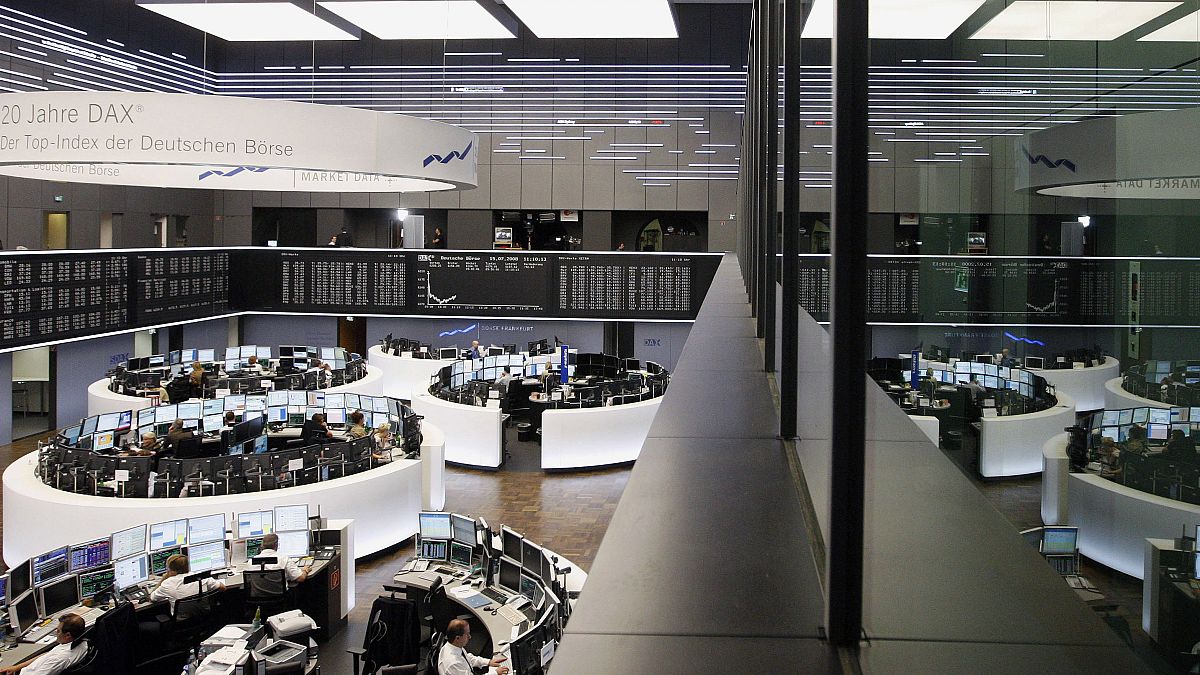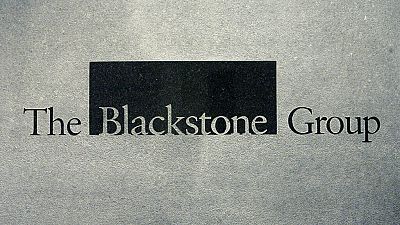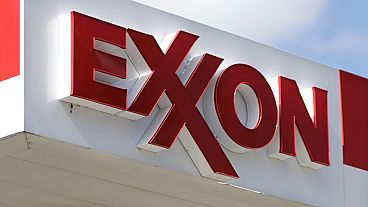European markets were all in the red on Tuesday afternoon as traders continued to monitor developments in the Middle East - and digest fresh economic data from China.
At the time of writing (13:17 CET), Germany's Dax was down 1.39% at 17,778.64 points, France's CAC 40 declined 1.29% to 7,944.92, while the UK's FTSE 100 was also in the red, falling 1.42% to 7,851.74 points.
The data reflected a hesitant day of trading across the continent as market participants followed Middle East updates on any potential escalation between Israel and Iran.
It comes after Iran unleashed a barrage of 300 aerial drones and missiles toward Israel in a retaliatory move. While Israeli defences, bolstered by support from the US, UK, and European allies, reportedly neutralised 99% of the threats.
"Investors will have been encouraged by the relative ease at which Israel and its allies almost entirely neutralised the strike, which seemed more symbolic than intent on causing maximum destruction," Matthew Ryan, head of market strategy at financial services firm Ebury, said in a note to clients on Tuesday.
"Calls for a measured Israel response among world leaders will no doubt have also settled a few jitters, and oil futures are actually trading flat so far this week.
"The key for markets will now be the extent of the retaliation. Should Israel follow up with similarly ambitious missile attacks or, under a worse-case scenario, other nations become embroiled in the conflict, notably the US, then we would likely see a flight to safety in markets, whereby investors flock to the safe-havens at the expense of high-risk assets," Ryan said.
Ryan also noted that the threat to global oil supply would also likely trigger a sharp move upwards in oil prices, which could comfortably jump above $100 a barrel should investors fear a wider regional war.
Meanwhile, data from China also failed to cheer investors on Tuesday despite the country reporting 5.3% growth for the first quarter of 2024.
The country's GDP growth beat market expectations that the world's second largest economy would see growth slow to 4.6%.



